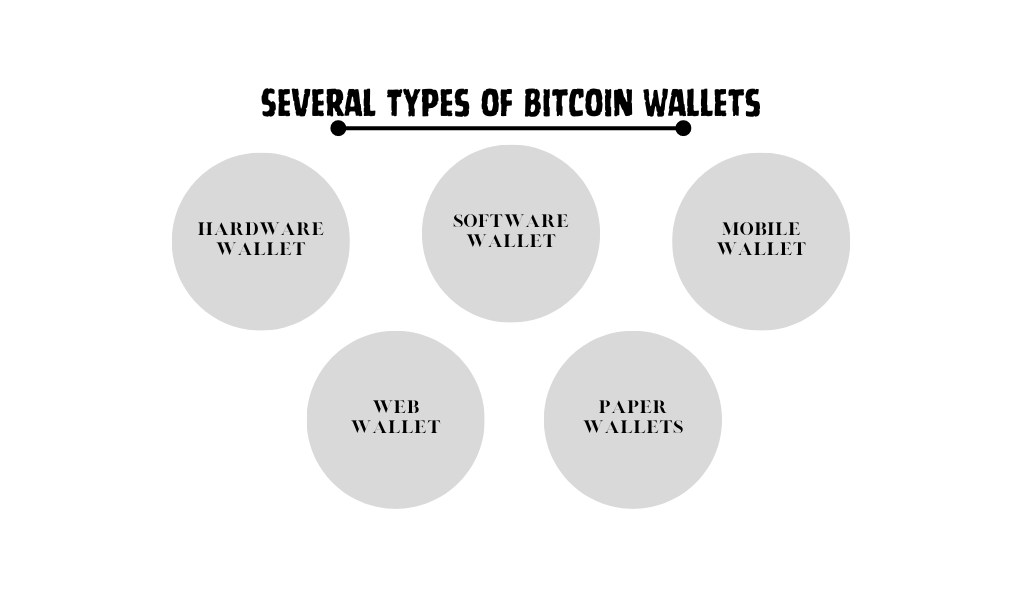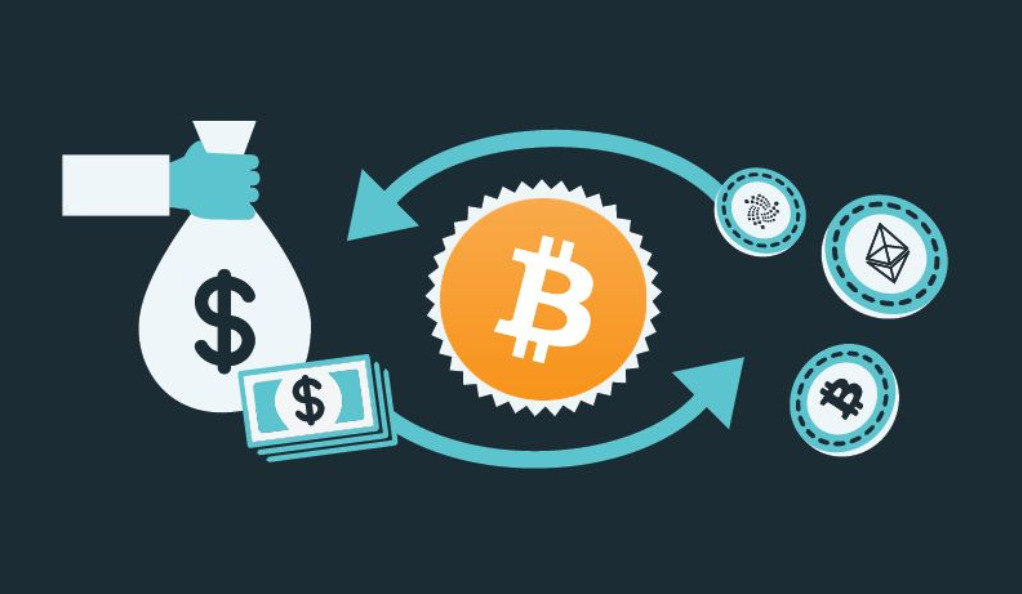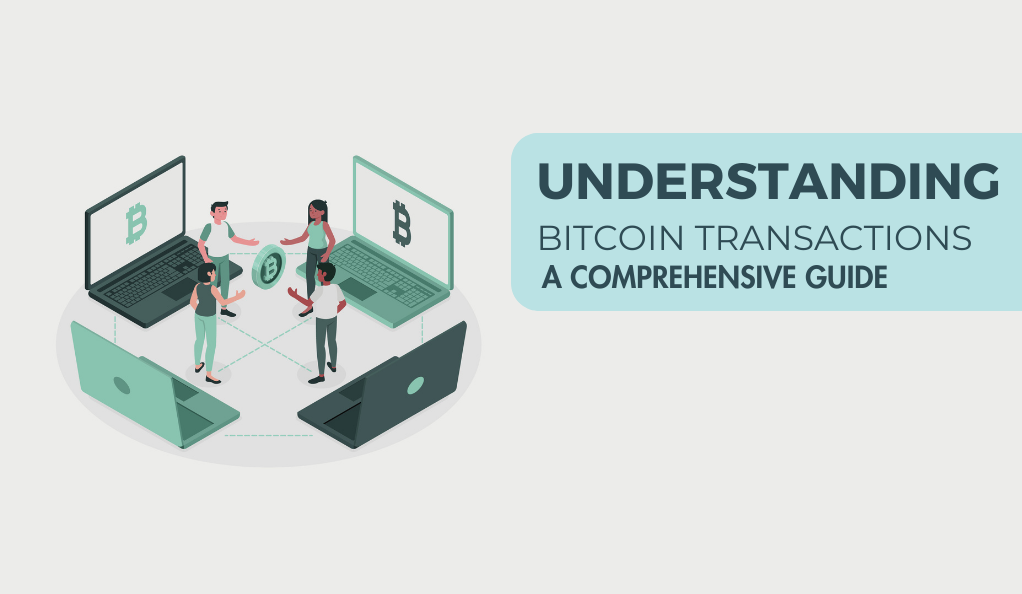Bitcoin, often referred to as digital gold, is a decentralized digital currency that operates without a central authority or single administrator. Transactions are verified by network nodes through cryptography and recorded on a public ledger called a blockchain. This revolutionary approach to currency and transactions has made Bitcoin a topic of global interest and discussion.
The inception of Bitcoin in 2009 by an anonymous entity known as Satoshi Nakamoto marked the beginning of a new era in the financial world. Unlike traditional currencies, Bitcoin isn’t controlled by any government or financial institution. This ensures that the currency remains free from external influences, making it a truly global and democratic form of money.
Understanding Bitcoin Wallets
A Bitcoin wallet is a digital tool that allows users to manage their Bitcoin. Think of it as a personal bank account for your digital currency. With a Bitcoin wallet, you can send, receive, and store Bitcoins. It’s the gateway to interacting with the Bitcoin network.

There are several types of wallets, including hardware, software, mobile, web, and paper wallets. Each has its advantages and is suited for different purposes. For instance, hardware wallets are known for their robust security features, making them ideal for storing large amounts of Bitcoin. On the other hand, mobile wallets offer convenience for everyday transactions. Regardless of the type, always ensure that your wallet is protected by strong passwords and, if possible, two-factor authentication. Remember, the safety of your Bitcoins largely depends on how securely you manage your wallet.
Diving into Bitcoin Exchanges
Bitcoin exchanges are platforms where you can buy and sell Bitcoin. They play a crucial role in the Bitcoin ecosystem, acting as intermediaries between buyers and sellers. With a plethora of exchanges available today, it’s essential to choose one that aligns with your needs and preferences.

Factors to consider when choosing the right exchange include fees, security measures, user interface, customer support, and the number of supported cryptocurrencies. Some exchanges are better suited for beginners due to their user-friendly interfaces, while others cater to professional traders with advanced trading tools. While some people buy Bitcoin for short-term trading, others invest for the long term. Always do your research and understand the risks involved before diving into the world of Bitcoin trading.
Principles Behind Bitcoin
Bitcoin operates on a set of fundamental principles that set it apart from traditional currencies. These principles ensure that Bitcoin remains decentralized, transparent, and free from external control, making it a truly revolutionary form of money.
One of the most notable principles is the limited supply of Bitcoin. There will only ever be 21 million Bitcoins, ensuring scarcity and potentially driving up its value over time. Another key principle is decentralization. Bitcoin operates on a peer-to-peer network, ensuring that no single entity has control over the entire network. This decentralization is achieved through the use of blockchain technology, where every transaction is recorded on a public ledger. Lastly, the transparency of Bitcoin is unparalleled. All Bitcoin transactions are recorded on the blockchain, ensuring complete transparency in the network, which builds trust among its users.
Conclusion
Bitcoin has revolutionized the financial world with its unique approach to currency and transactions. Its decentralized nature, combined with its principles of scarcity and transparency, make it a fascinating subject for both enthusiasts and skeptics. As with any investment, it’s essential to do your research and understand the intricacies of the Bitcoin world. With the right knowledge and tools, you can navigate the Bitcoin ecosystem like a pro, making informed decisions that align with your financial goals.
The journey from being a novice to a Bitcoin pro is filled with learning and exploration. By understanding its foundational principles, mechanisms, and tools, you can confidently engage with this groundbreaking digital currency. Whether you choose to invest, trade, or simply learn, the world of Bitcoin offers endless possibilities.
FAQs
You can purchase Bitcoin on various exchanges using traditional currency. Once you’ve registered on an exchange, you can deposit money, and then use that money to buy Bitcoin.
The legality of Bitcoin varies from country to country. In many places, it’s legal to own and transact in Bitcoin, but some countries have banned or restricted its use. Always check local regulations.
Bitcoin’s price is determined by supply and demand dynamics in the market. Factors such as news events, regulatory changes, and market sentiment can influence its price.
Yes, Bitcoin mining involves using computer hardware to solve complex mathematical problems. Miners are rewarded with new Bitcoins for their efforts. However, as more Bitcoins are mined, the problems become more challenging, requiring more computational power.
While Bitcoin transactions don’t contain personal information like traditional transactions, they are not entirely anonymous. All transactions are recorded on the blockchain, making them transparent and traceable.
Bitcoinnewsmagazine is committed to providing impartial and reliable insights into cryptocurrency, finance, trading, and stocks. It's important to note that we do not provide financial advice, and we strongly encourage users to conduct their own research and due diligence.
Read More

